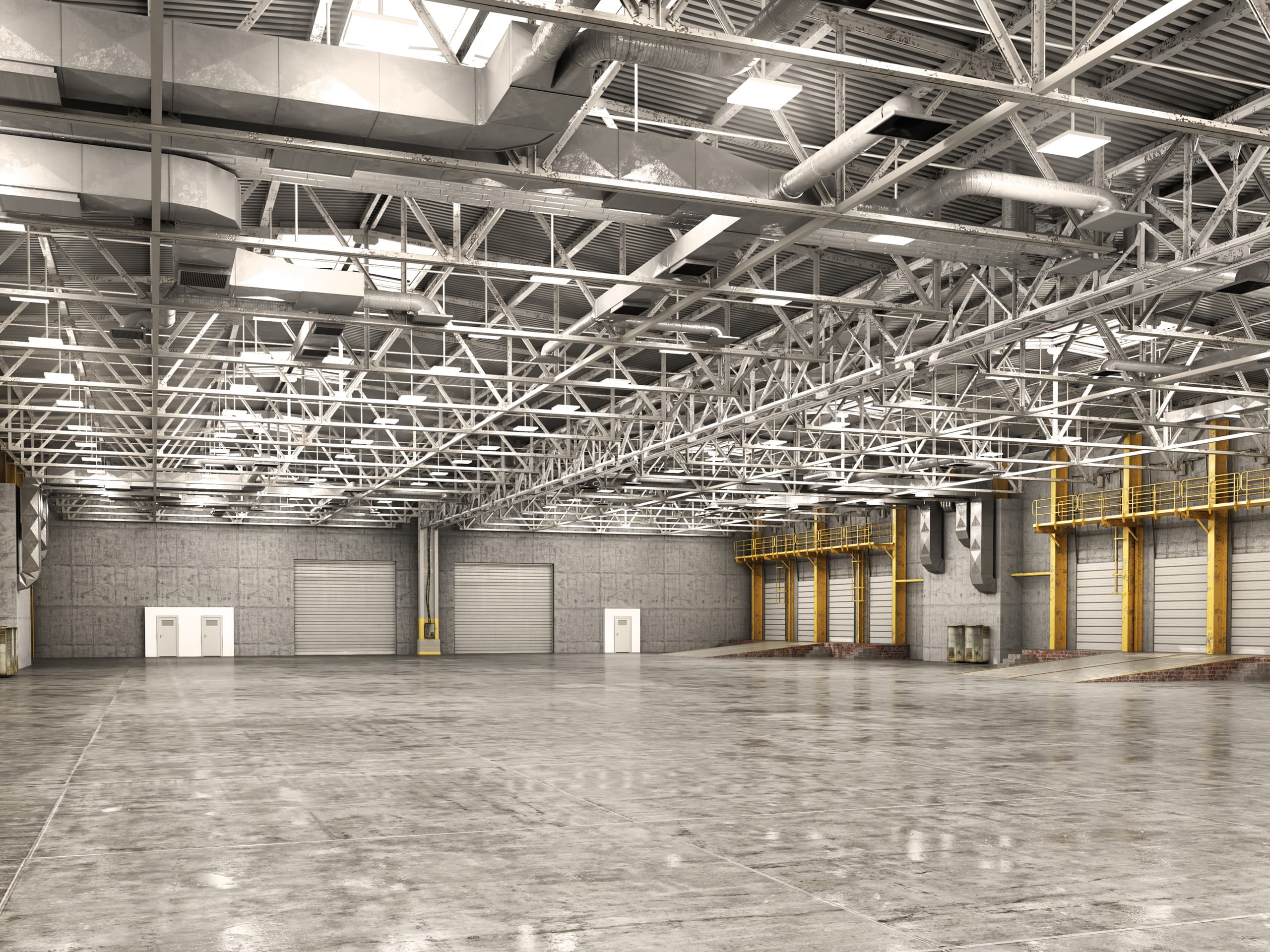Key highlights
Beyond the hype and headlines, AI can play an important role in quantity surveying and value creation as it transforms cost planning
Although AI’s regression modelling powers are already well established, machine learning only makes data meaningful when that data is “clean and structured”, says Altus Group’s data-centric quantity surveyor Cody Bui, and the profession is at the start of a long journey
The road to meaningful AI adoption is riddled with potholes, but Cody details some of the obstacles and opportunities that lie ahead in a recent webinar for the Australian Institute of Quantity Surveyors
Artificial intelligence tools can pass the bar exam, compose poems, win photography competitions, cut code, offer recipe recommendations, or translate text into 95 different languages. But how will AI enhance the role of the quantity surveyor? And, even more importantly, how will it create new value for clients?
These were just some of the questions that Altus Group’s data-centric quantity surveyor Cody Bui answered during a recent webinar with the Australian Institute of Quantity Surveyors.
Right now, AI is an exceedingly “hot topic”, driven in part by the meteoric rise of ChatGPT, Cody noted. But it’s important to note that ChatGPT is just one AI tool among many that can draft text and visualise data, create new content and ultimately reimagine the way we work.
To this effect, McKinsey recently hailed 2023 as the “breakout year” for generative AI – the branch of AI that uses advanced algorithms to create new and original content. Three quarters of businesses now expect generative AI to cause significant or disruptive change in their industry’s competitive dynamic within three years.
This disruption will also bring dollars. One recent report, published by Microsoft and the Tech Council of Australia in July, estimates that generative AI could contribute up to AU$115 billion a year to Australia’s economy by 2030.
Around $80 billion a year could flow from automation and augmentation of routine tasks. In fact, Microsoft’s report estimates that around 44% of the average Australian worker’s hours could be freed up to focus on higher-order tasks and activities that increase the quality of their output.
Figure 1 - Artificial Intelligence is a growing field, split between two major buckets: Classic machine learning and deep learning

Disrupt to deliver new value
So, how will AI drive disruption in quantity surveying?
Quantity surveyors are already using AI to perform regression modelling to predict construction costs. By analysing historical data on various factors that influence costs – materials, labour, location, building shapes, characteristics and more – an AI algorithm can learn the relationships between these factors and actual costs, and create a predictive model that estimates costs for new construction projects based on input variables.
As Cody noted: “A regression model can help us predict how much a building will cost. This is what we do as quantity surveyors. We predict or estimate the cost of a building.”
Cody pointed to a real-world example in which AI analysed a range of house price variables, from lot and floor size to age, roof style to heating type, using advanced regression techniques to create a formula that can predict sale prices on theoretical developments in the future.
“The hardest part of the process is not to construct the formula – although this can be quite challenging. The hardest part is to collect the data to undertake the modelling,” Cody said.
Figure 2 - Hypothetical data set to train a linear regression model for housing price prediction

The puzzle of precise estimations
“Machine learning is all about data – and data collection is a task that we all should and can start now to initiate the process,” Cody told the AIQS audience.
Quantity surveyors generally have been collecting UCA (unenclosed covered area) and FECA (fully enclosed covered area), number of storeys, sectors for benchmarking purpose.
“We don't stop with FECA and UCA,” Cody said. “We can collect more data that characterizes the projects such as site area, the number of doors, the area of glazing, the HVAC systems, and the roof type. Ultimately, a hospital or a school can be defined as a structure with specific attributes.”
This information must be cleaned and structured – which is where Altus Group’s ARGUS Enterprise can help – to sort the “meaningful data” from the meaningless. Only then can we begin to train machine learning models, Cody said.
But the possibilities are profound. Picture detailed cost breakdowns, forecasts, trend analysis and variations in a few clicks. Imagine instant analysis of impact factors, such as market movements or weather conditions, to optimise costs on the fly.
Now for the question on everyone’s mind – can we expect a QSGPT to take over the role of the human quantity surveyors?
As Cody noted, we can “train AI to be a specialist in any field”. But that doesn’t mean they have practical construction experience or the commonsense required to draw together disparate concepts into a cohesive design, unearth hidden connections, or recall real-world projects. AI models don’t have the human consciousness to infer meaning, interpret conversations and, perhaps most importantly, to inspire new ideas.
Of course, AI models are not always reliable, but this is just one of many high-profile “hallucinations” that have sounded alarm bells. However, addressing the AIQS audience, Cody highlighted that, given the recent advancements in AI, it is imperative for companies in the construction industry to explore the emerging opportunities presented by AI, as the technological landscape is undergoing rapid transformation."
Fiction, forecasts and a flourishing future
It’s still early days for AI, and despite the hype and headlines, artificial general intelligence with super-human capabilities is still well within the realms of science fiction.
How do we forecast the future? Gartner Technology Hype Cycle can be a useful guide. Early publicity of technology breakthroughs capture attention and produce success stories, Garter says, but most companies aren’t convinced and technology falls into the “trough of disillusionment” as experiments fail. With time, early adopters translate trials into real world value and mainstream adoption takes off.
As AI moves through the hype cycle it will augment, rather than replace, the quantity surveyors to deliver super-human cost planning. And with technology analyst Forrester predicting spending on AI to surge past US$64 billion by 2025 – a doubling in just four years – no corner of construction will remain untouched.
Want to be notified of our new and relevant CRE content, articles and events?
Author

Cody Bui
Quantity Surveyor
Author

Cody Bui
Quantity Surveyor
Resources
Latest insights







